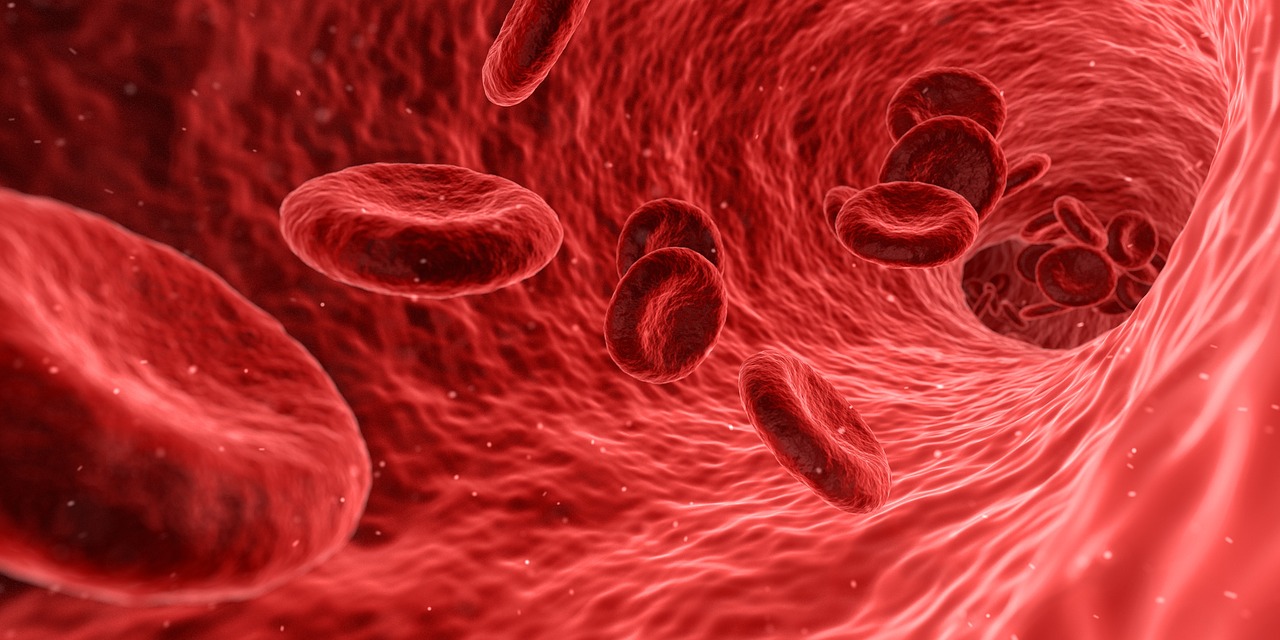Prioritising global healthcare
In many respects, 2018 could be a make or break year for global health. At least we will see if the new constellations of power will also find their reflection in global health priorities, financial contributions to common global challenges and commitment to multilateral institutions. G7 leaders are challenged to send clear messages about the need to invest in health nationally and globally and to strengthen the World Health Organization (WHO).
Much has already changed. Dr Tedros Adhanom Ghebreyesus, the new WHO director-general, is positioning the organisation as a catalytic force to improve world health. His vision is closely aligned to the implementation of the Sustainable Development Goals (SDGs) – especially Goal 3: Ensure healthy lives and promote well-being for all at all ages – and he is actively creating an overall investment case for health, far beyond the organisation’s budget.
This is particularly important as the replenishment activities of major global health actors are gearing up – at a time when global health funding is no longer as secure as it once was. There is much speculation on how significant the financial contributions of the world’s largest global health funder – the United States – will be over the next few years and whether other funders, for example the European Union and rising powers such as China and India, will move to contribute more. Given such insecurities, there is a need to move from competition for funding to cooperation towards aligning national and international funding to achieve global health improvement. This plays to WHO’s constitutional role to lead and coordinate global health activities and is one of the reasons why the organisation must be strengthened significantly.
Healthy investments
But the need to rethink global health approaches goes far beyond donor contributions, whether from countries or large foundations. The major challenge in global health financing is to have countries commit to make domestic investments in the health of their populations. Indeed, calculations indicate that to be on track for achieving the health-related SDGs, $1.4 trillion would be required over the next five years, with 85% consisting of domestic investments. These include universal health coverage, health security, and health promotion and prevention. Dr Tedros makes this point vehemently when he says health is a political choice.
Several countries are moving in this direction: Xi Jinping of China has launched a significant investment plan for Healthy China 2030; India’s Narendra Modi has announced significant investment in order to eliminate tuberculosis in 2025, five years before the global target. The government of Kenya has prioritised universal health coverage in its Big 4 agenda over the next five years.
Accelerating action
But this is not enough. Two other priority areas require rapid and determined political action. The world’s rapidly growing crisis of non-communicable diseases needs action on the commercial determinants of health, and the impacts of air pollution and climate change on health require many different policy arenas to be aware of their health consequences. Over 10 years after the adoption of the Framework Convention on Tobacco Control, many countries have still not put in place the regulatory measures they agreed to implement, and progress on implementing the 2015 Paris Agreement on climate change is also too slow.
SDG 12 calls for sustainable production and consumption, but the negative health impacts of products such as processed foods, sugar-sweetened beverages and alcohol are spreading rapidly across the globe. Consumer products are some of the most profitable investments in the global financial sector, and research shows relationships between obesity rates and trade agreements that allow for their rapid spread in developing countries. This raises important issues of taxation and regulation within countries and beyond borders, as well as strategies for divestment in such products following the example of divestment in fossil fuels. Here, too, health is a political choice.
In such critical times, the key political message from the G7 Charlevoix Summit should be one of a clear commitment to health, multilateralism and the strengthening of the United Nations to implement the SDGs. If the summit cannot find consensus on the basics it requires to ensure the health and well-being of millions around the globe, it does not bode well for its positioning as a political leader of a multipolar world.












